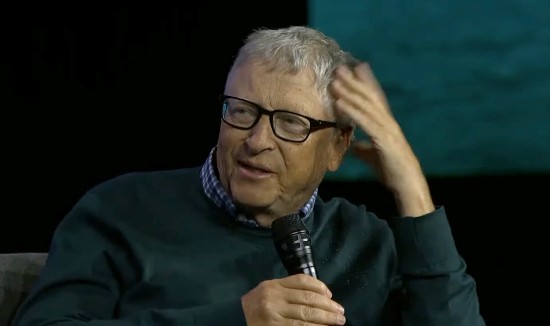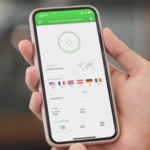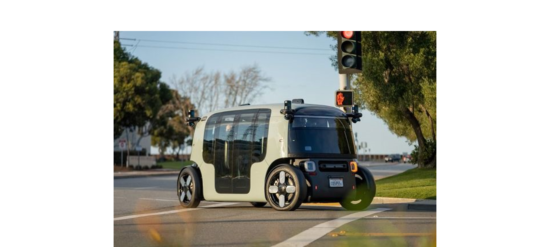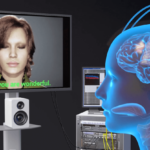One of the more intriguing aspects in the emergence of AI in its various manifestations is the ability to process structured and unstructured data. Other terms that get bandied about include algorithms, machine learning, deep learning, and neural networks. Let’s look at some definitions before we get to the subject of personal assistants and the possible end of “search,” the bread and butter of Google.
Structured data is data that appears in standard formats. Think recipes, calendars, bank statements, address books, email addresses, serial numbers, personal ID numbers (in Canada Social Insurance, and in the U.S., Social Security), TV channel listings, product catalogs, and all kinds of databases. Structured data follows standardized formats to make it easy for an AI to classify content.
Unstructured data is data that is undefined. Between 70 and 80% of all data is unstructured. Think of blog postings, essays, articles, books, videos, audio recordings, social media postings, emails and short messaging as good examples. For AIs, this data poses a far greater challenge.
Algorithms are sets of instructions encoded to be used by computers to execute actions or applications, in other words, software.
Machine learning is an AI that employs algorithms to problem-solve complex tasks. At the simplest level, it uses decision trees such as “if-then” rules to make decisions.
Deep learning uses machine learning to deal with both structured and unstructured data and mimics how humans problem-solve. It can be supervised, semi-supervised, or unsupervised as it goes about addressing specific challenges.
Neural networks are computing systems that mimic the human brain and nervous system with the artificial equivalent of our neurons. Deep learning and machine learning use neural networks.
Understanding how these technologies are moving us in the direction of employing a personal AI as an assistant requires more context. When deep learning AIs are exposed to data they learns over time. The structured data is less of a challenge because the algorithms are predefined and unchanging. But unstructured data requires multi-layered algorithms capable of discerning concepts and images while looking through volumes of information in a wide variety of formats. The challenge is to discern meaning from language and visual constructs presented in multiple ways to learn and understand for the purpose of decision-making.
Here’s a simple challenge about language. Many phrases can be used to produce similar meaning. If I begin a sentence with the words, “for example” the AI will look for repetition in other sentences it parses. But the next time I may use “imagine,” “for instance,” or “such as,” all having similar meaning and posing a problem for the AI to try and figure out. This is the same challenge that any human first being introduced to a foreign language must endure to process and comprehend.
And language in its various forms and iterations is only one AI learning challenge. Images, another form of unstructured data can be still or moving, art or photograph, video or film. Images can be blurred, underexposed, or overexposed. Images can include text and images within images. The human brain has no problem recognizing the differences, but an AI has to learn.
Using deep and machine learning within a neural network allows an AI to absorb entire blocks of text, or an image library or film, to derive meaningful context. And AIs are getting better and faster and doing this.
Bill Gates Says Google, Siri and Alexa May Soon Be Old Hat
My wife and I use Google to answer trivial questions. Much of the interactions we have with our virtual is all audio-based. We ask about sports schedules, last night’s baseball scores, and the first names of deceased celebrities which we often forget.
What is not too far from becoming reality, however, is something far more sophisticated employing AI deep learning technology. Recently, Bill Gates spoke at the AI Forward 2023 conference in San Francisco about AI personal assistants that will end our need to use “search” on the Internet. He went on stating we will never have to waste time trying to find stuff online, access websites or Amazon and other online shopping sites.
The AI personal assistant will be a constant companion. You will speak to it using natural language much the way you do to Google, Siri and Alexa today. It will be accessible from all of your digital devices. It will read your email and messages and if you ask it, screen out those to whom you wish not to connect. It will help with work, bill payments, scheduling, reminders, doctor’s appointments and even take and screen calls on your behalf.
Gates sees it as becoming an integral part of corporate life with company agents that will understand a business, its employees, and participate in company meetings. It will have global access to industry news and be more informed than any of the company’s human employee. It will screen Internet queries, do sales promotion, technical support, and even get involved in product development.
Is this a world in which you would want to be? Is this a world we are close to achieving?
Before we wax poetic about the Eden that could conceivably emerge, I would like to understand what it will take to empower the personal assistant Gates envisions. Just how much power and processing capacity are we talking about? A little over a decade ago a Google research team created a neural network using 16,000 computer processors just to answer the question “what is a cat?” So the scale and size and energy requirements needed for each of us to have a personal assistant sounds like it could dwarf the computer and energy capacity of the planet.
But let’s say we solve the horsepower challenge, when that day comes, Gates is not wrong. To a significant number of us, “search” will no longer be where we go for answers. Instead, we will have a faithful virtual companion to do the heavy lifting. But wiat, if we install the Elon Musk Neuraloink, we will just have o think it and our personal assistant through a fully-ambulatory and Internet-connected robot will fulfil our requests.
Conversations about AI to be continued…..
















